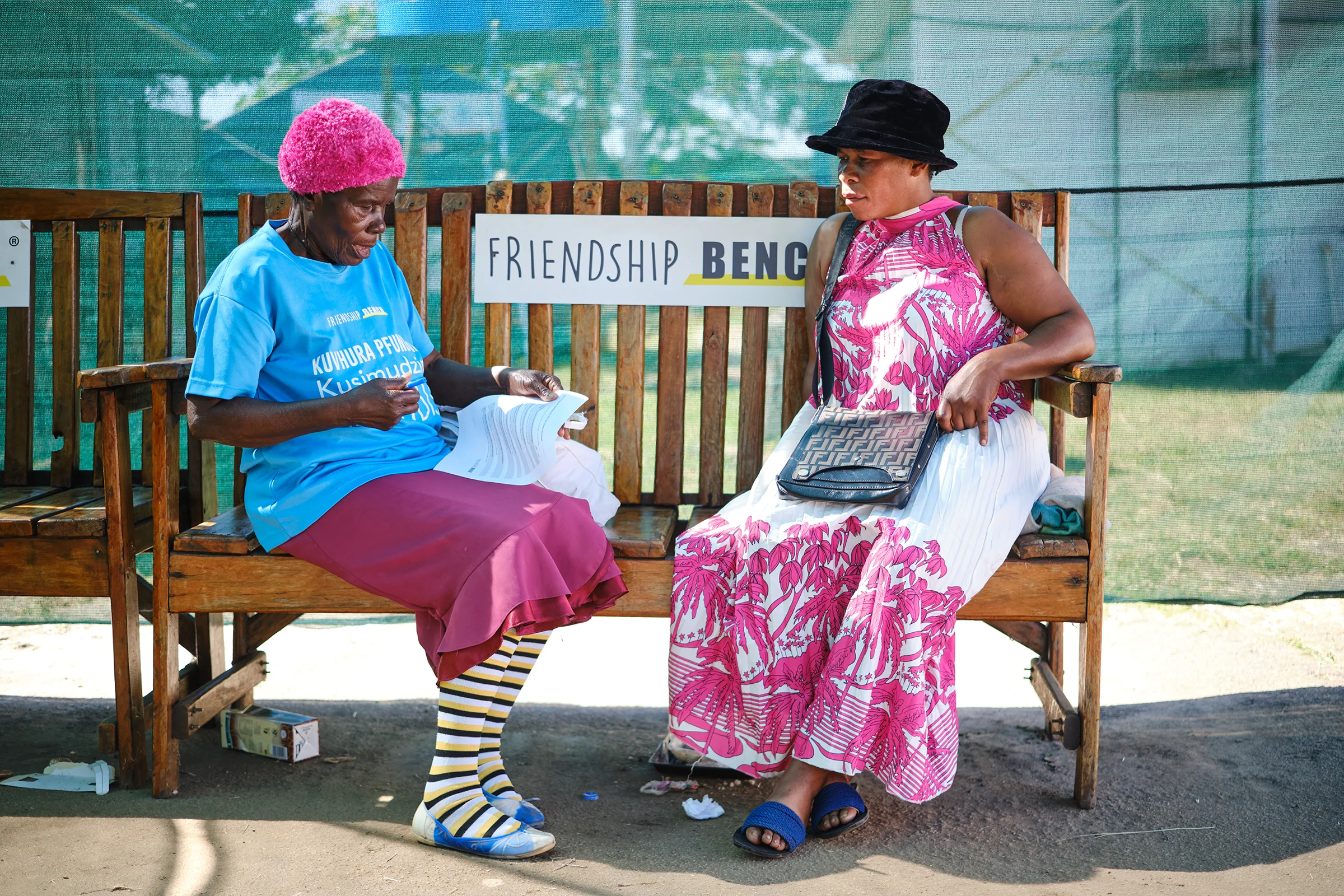
At first light, before Mbare’s markets stir and the streets bloom into their usual chaos, an army of older women dressed in neatly ironed brown dresses reminiscent of my 90s childhood begins its silent procession. Knocking on doors and calling out to peers, they gather and set out for the clinics, just as they have for decades.
Among them is Shelta Nhengo, 75, moving with quiet purpose. As she makes her way across the bridge toward the Mbare Hostels Clinic, dust and smoke swirl in her wake. She stops briefly, where a group of young men pass a joint between them. Her voice, soft but unwavering, breaks the haze, “Mongodzimukira nhai vakomana, ko muchadzirega zvadii?” Meaning; “you are already taking drugs this early, when will you stop?" She speaks to them not with reprimand but with concern. Then she moves on.
Shelta is one of the initial group grandmothers of Zimbabwe’s now globally renowned Friendship Bench program. These voluntary mental health counsellors have transformed waiting benches outside clinics into safe spaces for psychological healing. She has been doing this work since 2006, guiding others through grief, addiction, trauma, and loneliness. With a listening ear and a warm heart, she offers therapy that few others in Zimbabwe’s overburdened health system can.
Across from her sits her longtime friend, Sekesayi Idah Ngwerume, 90, known around the community as “Mbuya Hwiza”. A war veteran once tortured for hiding guerrilla fighters during Zimbabwe’s liberation struggle, Mbuya Hwiza found her healing through the very work she now does, counselling others. “The bench saved me, too,” she often says. I gladly help others, especially young people, and it gives me the youthful energy of my heyday.
They are not alone. Zimbabwe’s Community Health Workers (CHWs) and Village Health Workers (VHWs) programs, established in the 1980s, are a cornerstone of public health, particularly in underserved areas. The CHWs, many of them older women, have long been instrumental in campaigns ranging from family planning to HIV treatment to maternal care and are now on the frontline of widespread mental health issues. Yet, despite their essential role, they are poorly compensated. Shelta, for instance, earns the equivalent of just $12 per month.
In clinics like the one in Mbare, these grannies do more than give health advice or compassionately follow up on chronic medication defaulters. They screen for signs of depression and anxiety. They talk about clean living, hygiene, and hope. Most importantly, they listen. The structured six-session talk therapy, delivered with cultural sensitivity and unwavering presence, often reaches those too afraid or too poor to seek formal psychiatric help. Dr. Dixon Chibanda, the Zimbabwean psychiatrist who founded Friendship Bench, was inspired by his grandmother. His approach is rooted in simplicity, dignity, and empathy. It has spread to New York, London, and beyond. Grandmothers are often regarded as the custodians of community trust. As millennials would say, “They don’t judge. They understand.”
“Sometimes,” Shelta says, “people just want to be heard. That’s all. And when they talk, the healing process begins.”
Resources are scarce. But each morning, Shelta and her comrades put on their brown dresses and walk to work. They carry no stethoscopes, no syringes, only stories, patience, and a belief that sitting down with someone in pain can still make a difference. And so, they walk through communities and talk to people in need before they retire to their homes, where they are equally taken care of by their children, relatives, maids, and grandchildren.
What is the value of generations coming together in programs like this?
The value of generations coming together is that no one feels alone. A young person struggling with sadness sees that even elders have walked through pain and found light. At the same time, we elders learn new words and ways of speaking about our feelings. It keeps us connected and we remain respected.
"When I sit on the Friendship Bench, I see the power of working together. As an older woman, I bring the stories of struggle and survival. I know what it means to lose, to start again, and to keep faith. The young come with fresh strength and new ways of seeing the world. They ask questions we were once afraid to ask. When we share this space, we meet halfway. I give them patience and guidance. Every day it reminds me that change is possible", says Shelta Nhengo.


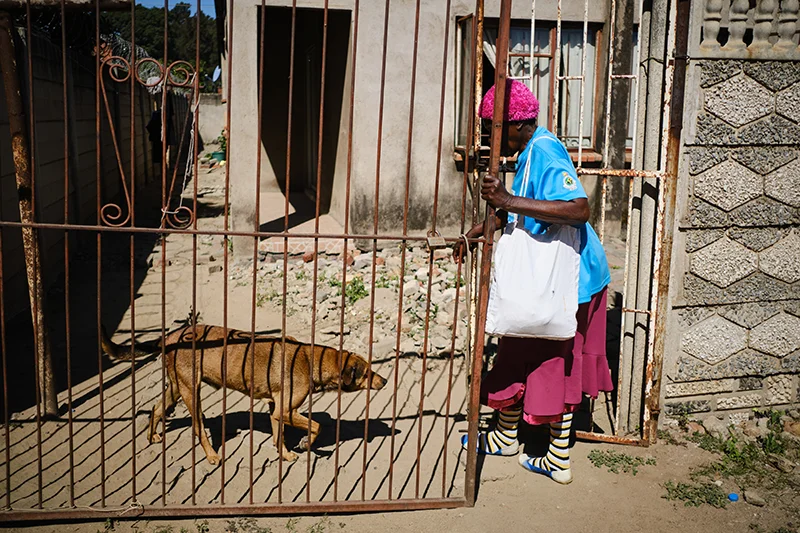
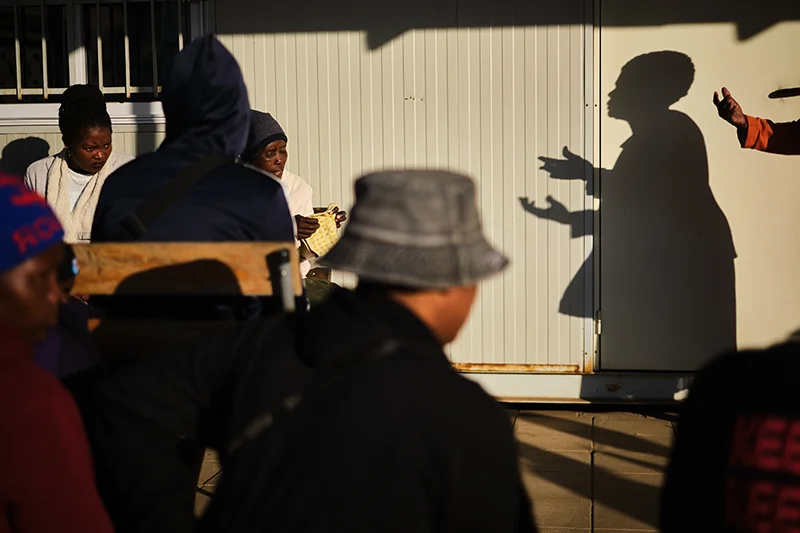
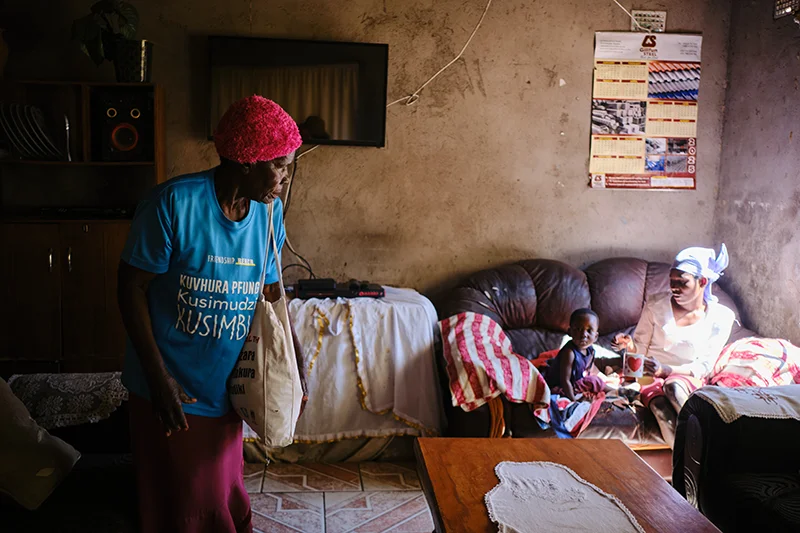
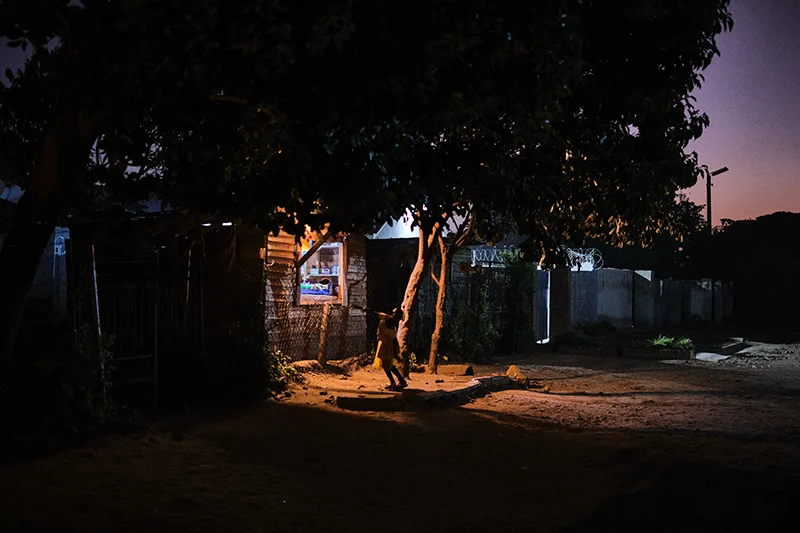
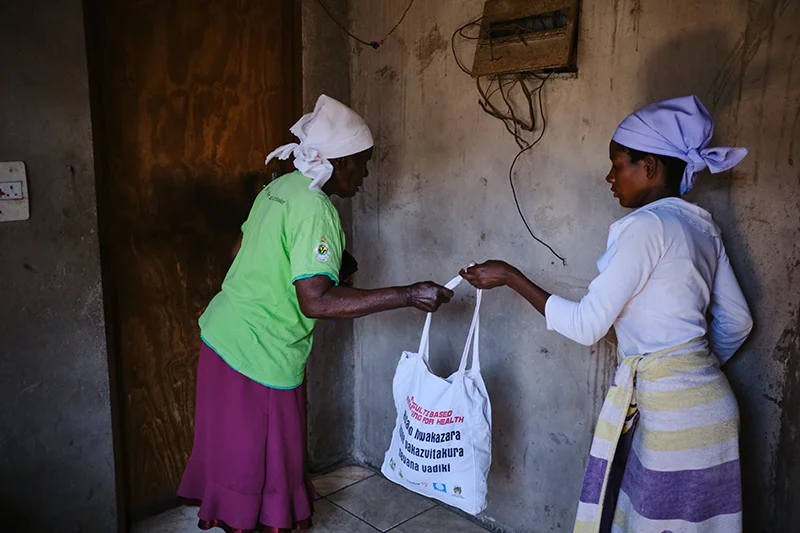
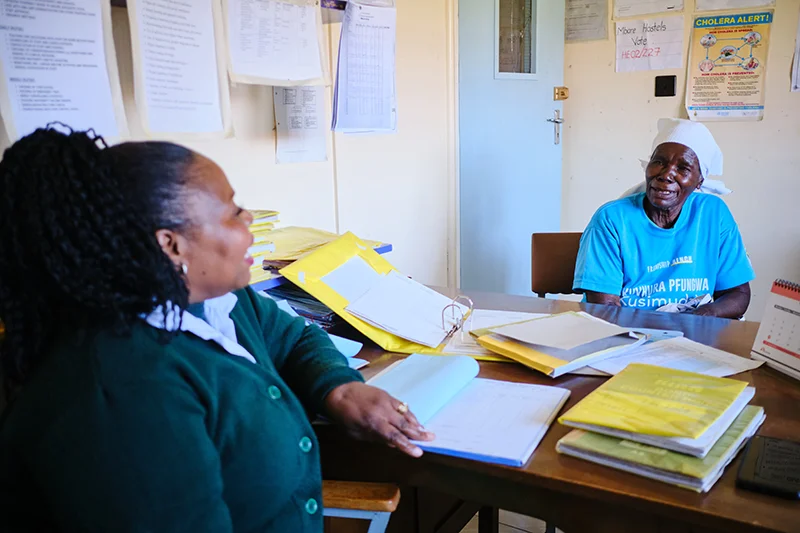
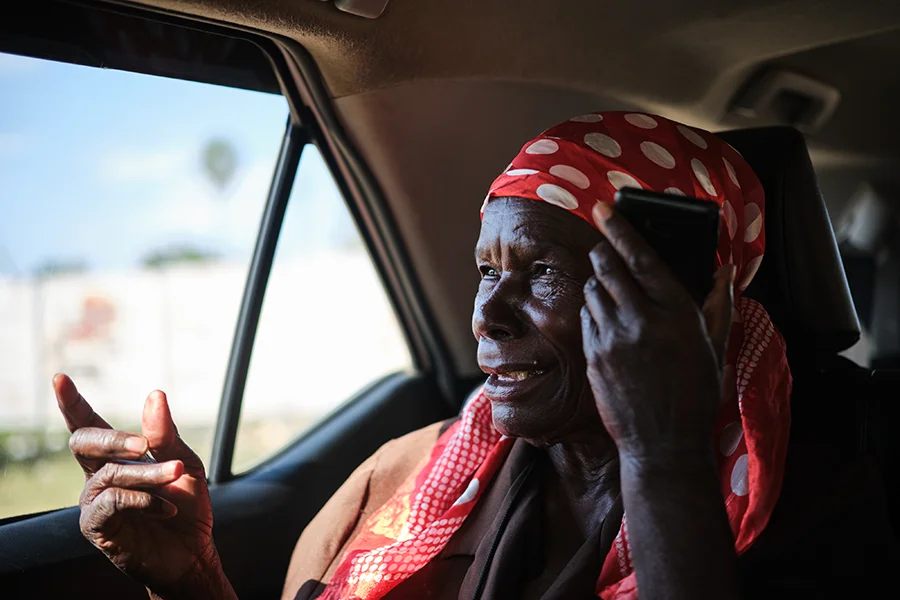
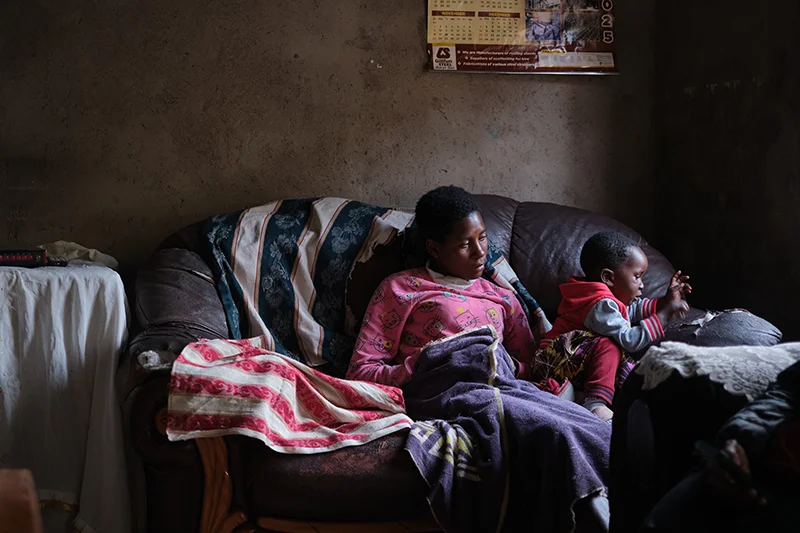
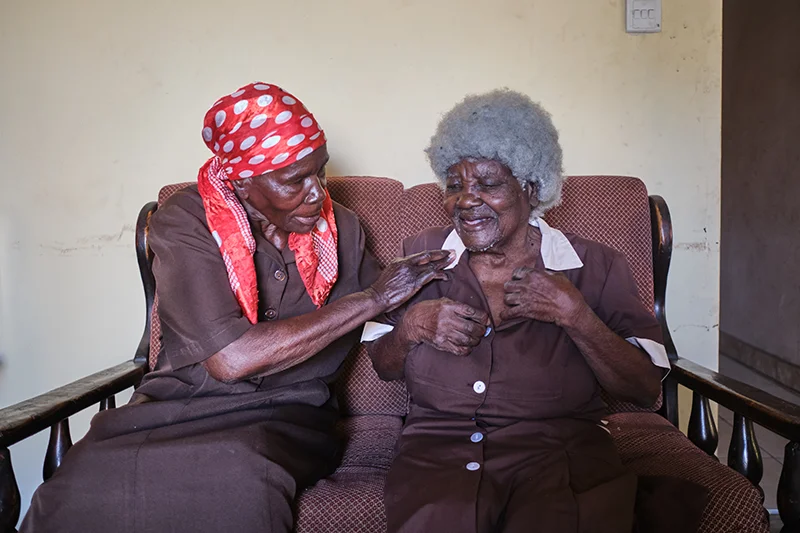
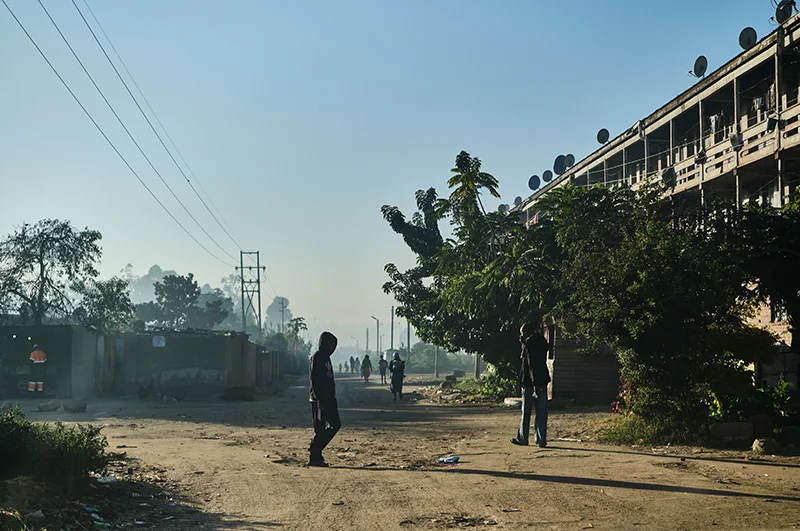

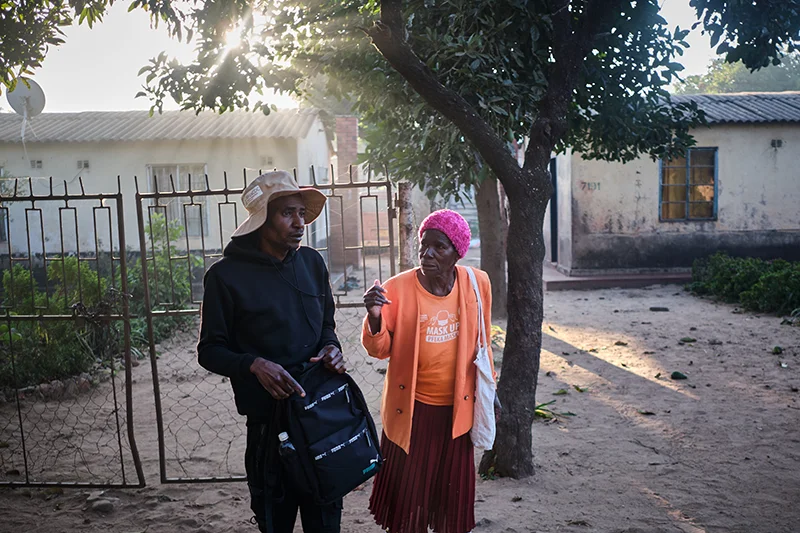
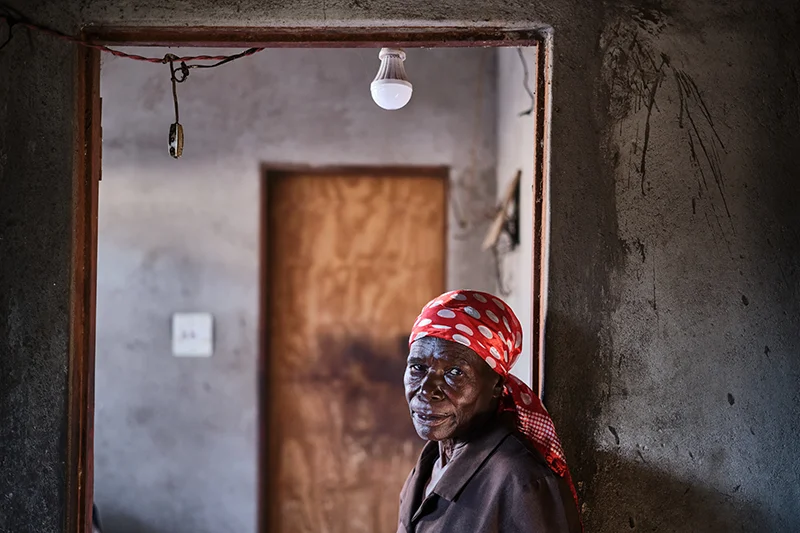

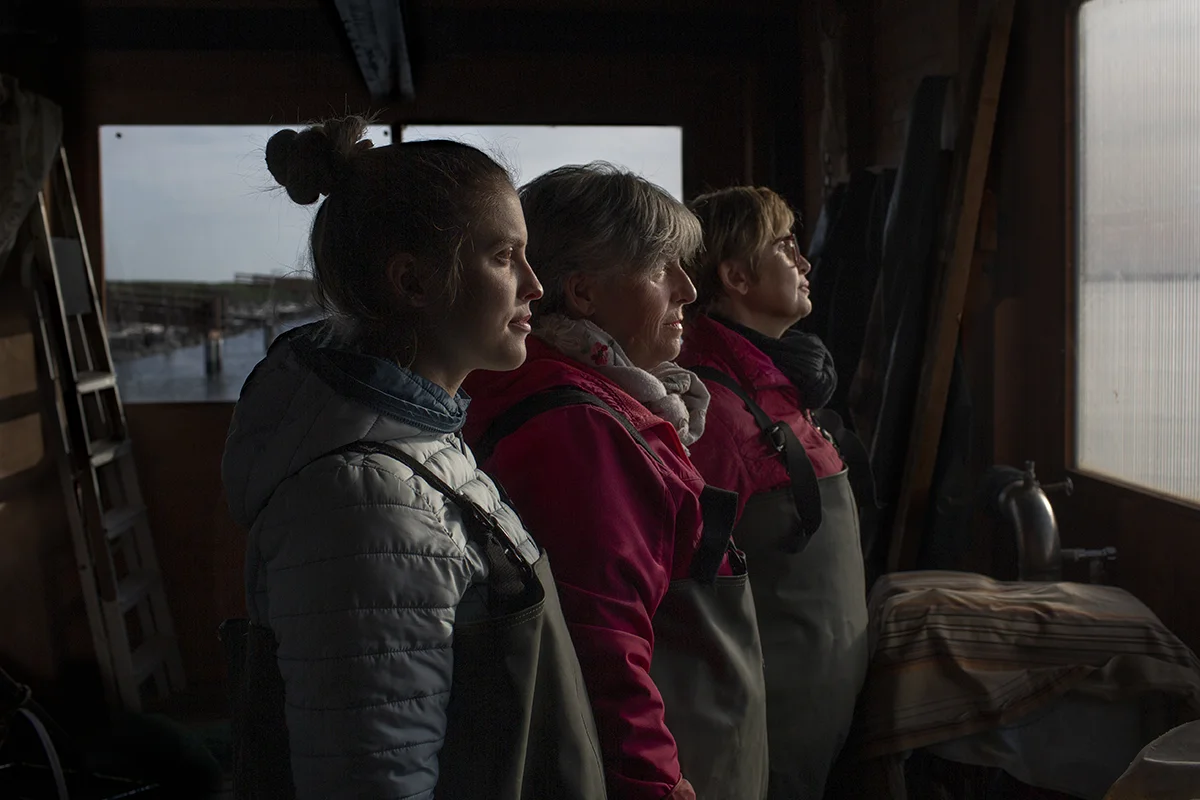

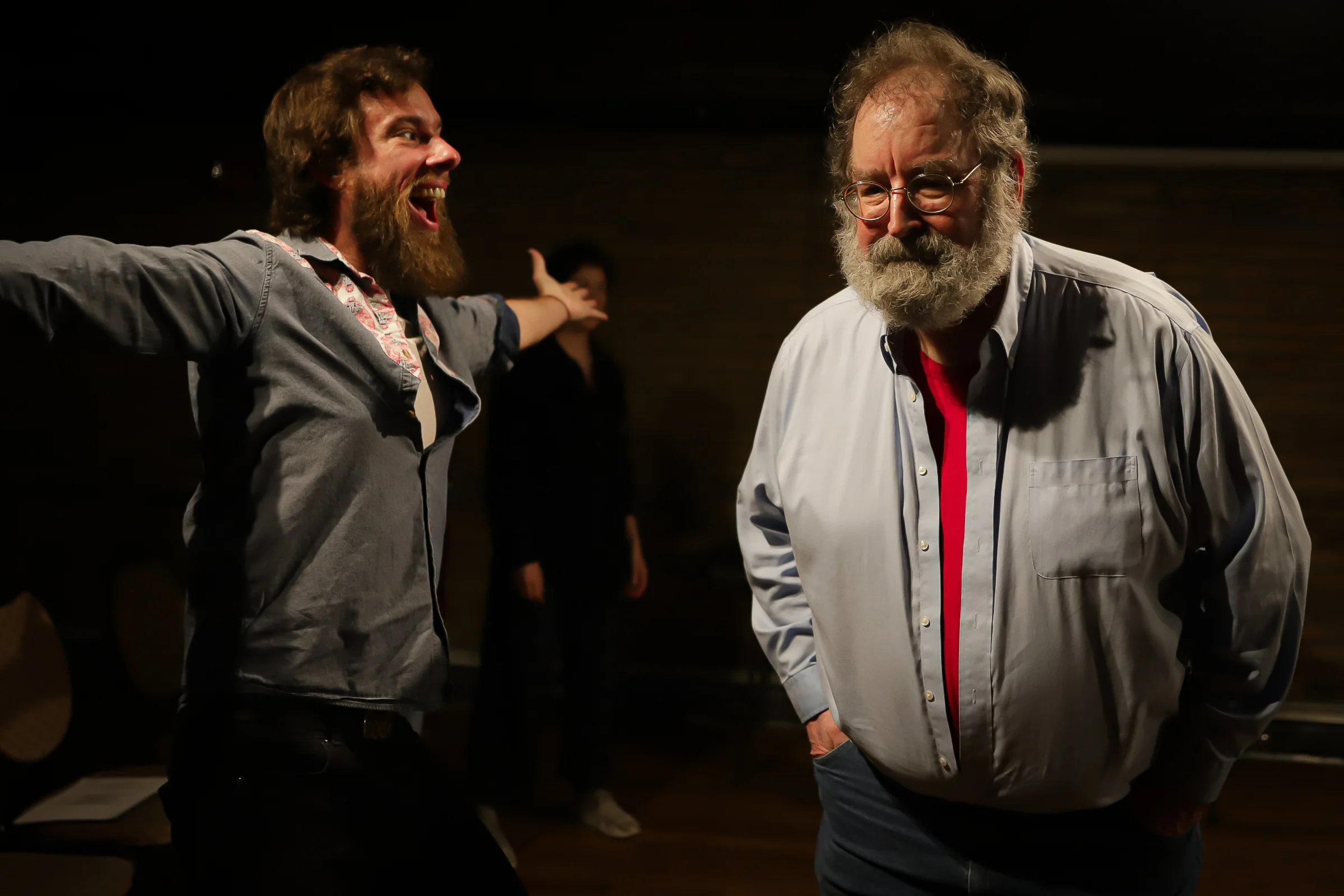
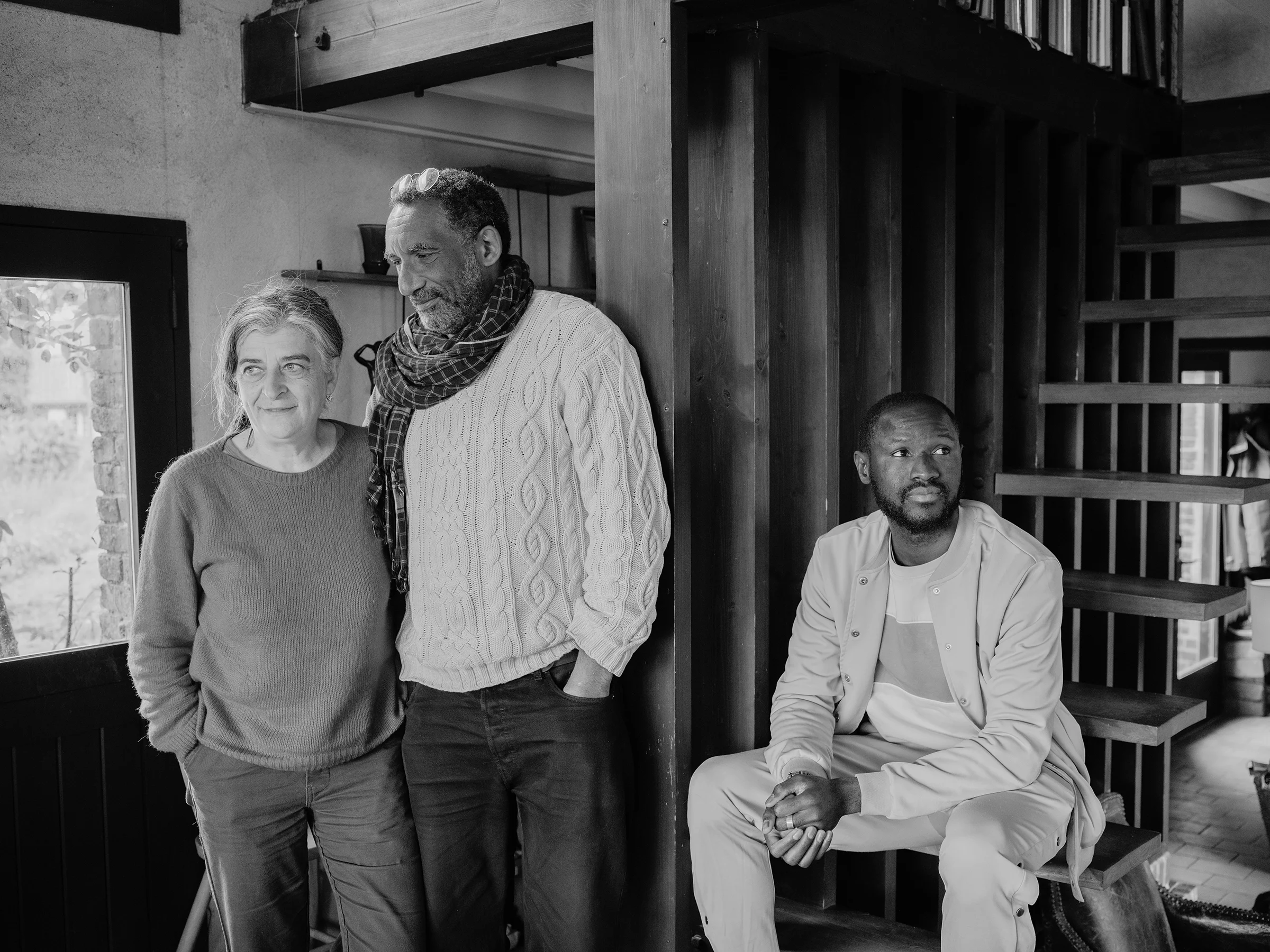

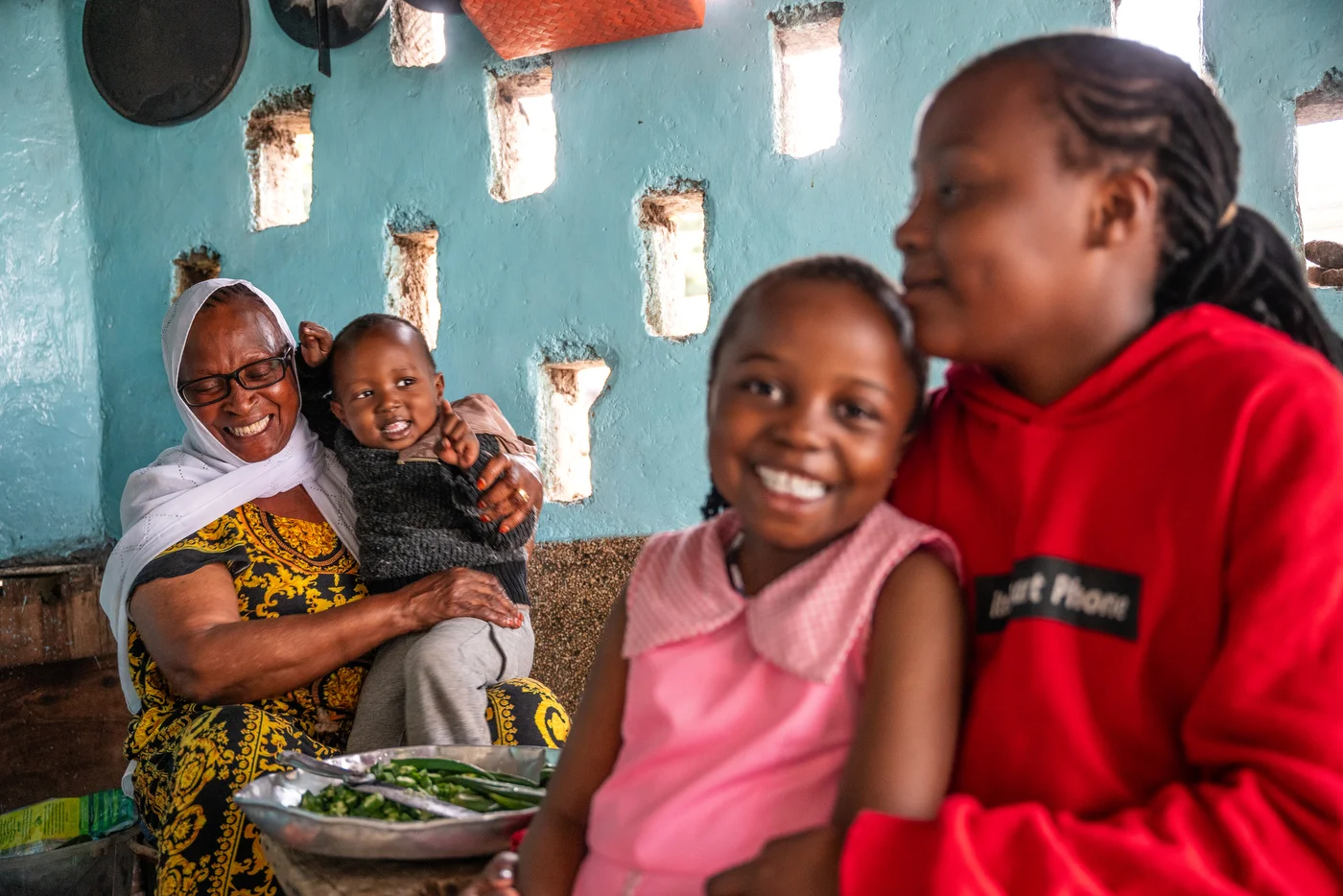
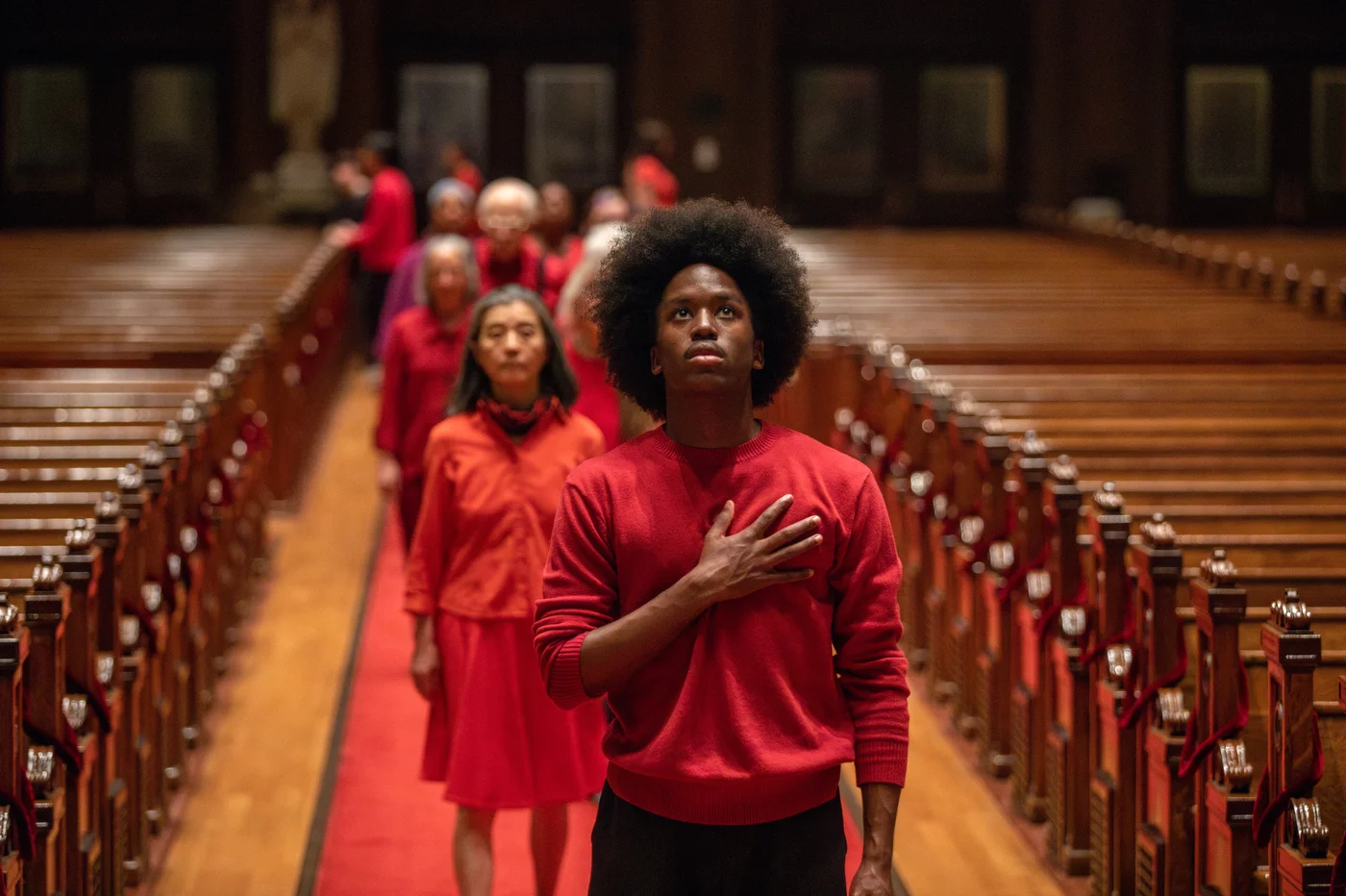
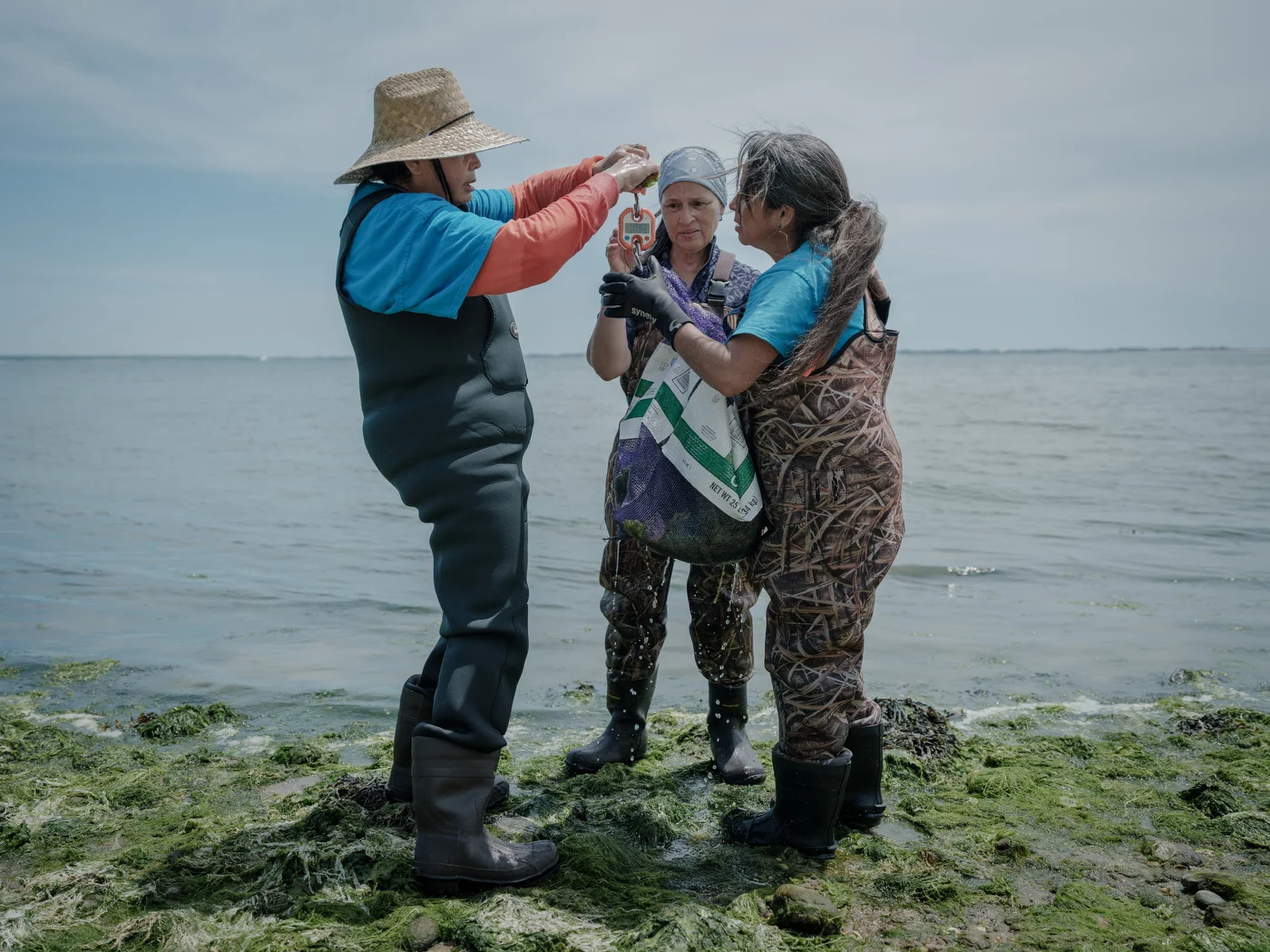















.svg)






